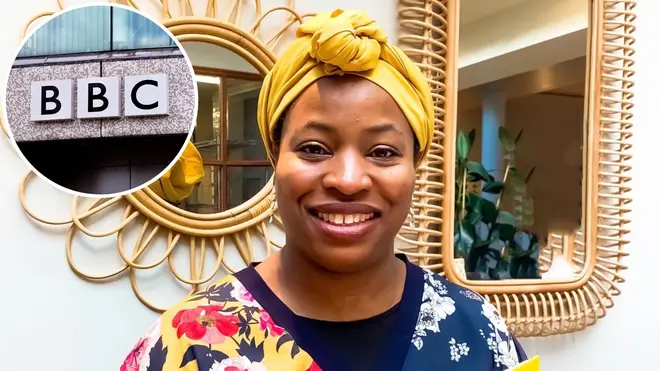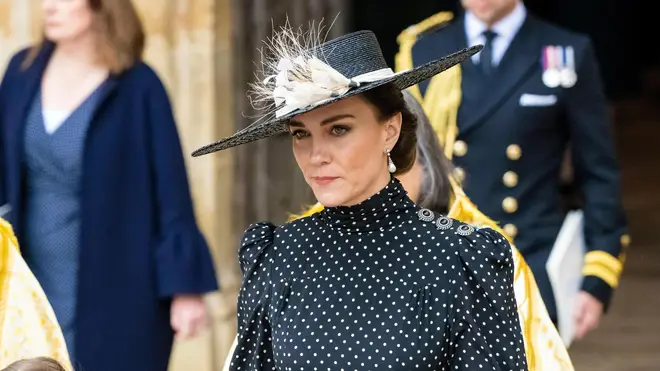
Henry Riley 4am - 7am
12 April 2022, 12:25 | Updated: 12 April 2022, 19:41

A BBC early years guide Tiny Happy People has warned parents to "check their bias" if their toddlers only have white friends.
The BBC's Tiny Happy People website said "white mums or dads" should "examine [their] own internal biases" if their children do not have "Black or Brown friends over for playdates".
The guide, written by author and activist Uju Asika, asks parents to consider if "your family express negative thoughts about foreigners and immigrants? What is your social circle like today? Could you be doing more?"
Ms Asika, who last year wrote 'Bringing Up Race: How to Raise a Kind Child in a Prejudiced World', called for parents to "educate yourself and broaden your family’s horizons" through books and TV shows.
"Remember, kids don’t just follow what you say but what you do. So if you want them to be kinder, fairer and more inclusive, be sure to model that in your own life."
The guide, drawn up following the Black Lives Matter protests, has drawn criticism from educators who have warned the resource is “inappropriate” and “clearly not impartial".
![The BBC's Tiny Happy People website said "white mums or dads" should "examine [their] own internal biases" if their children do not have "Black or Brown friends over for playdates".](https://images.lbc.co.uk/images/299025?crop=16_9&width=660&relax=1&format=webp&signature=qc7kNcoOCiaQ-xz8Mc_a5xpZSeo=)
The webpage warns parents that "by age 2, children start sorting themselves into groups showing what is known as in-group bias. In other words, kids in the playground might choose to play with children who are more like them, while excluding others."
Ms Asika said that "even babies at 3 months old can tell different races apart," citing scientific research.
"However, young babies don’t attach any specific emotion or value judgement to race. That happens over time, based on what we learn from our environment. So as a parent, you should be proactive about tackling negative mindsets from early on."
Read more: Queen gives blessing to revealing 'lockdown' book set to rival Harry's tell-all memoir
The guide also tells parents not to "shy away from using terms like Black or White to describe skin tone" because children need to understand that "being White or Black or Brown is not just about the colour of your skin but your experience as a member of society."
"You could talk about how being White might give you certain advantages – for instance, you are more likely to see people who look like you on TV. However, White people can choose to use their advantages to help make a fairer world for all."
Some of the advice was branded "condescending" after Ms Asika told parents that "talking about race is similar to talking about the birds and the bees... The trick is to take it at your child’s pace and keep checking in as they grow older."

Read more: Masterpiece given 'woke warning' because of 'unsettling' presence of a man
Ms Asika also warned parents talking about race "can trigger difficult emotions" and advised them to "take some private time to deal with any negative feelings before you have a conversation with your child."
"However, if you become emotional while talking with your child, it’s not the end of the world. It can be helpful for kids to see grown-ups as real people with real emotions too."
The Duchess of Cambridge helped launch the BBC's Tiny Happy People site in summer 2020, describing it as “gold dust for families, giving tips and tools to use particularly in those first five years".
Education expert at campaign group Don't Divide Us, Dr Alka Sehgal-Cuthbert, told The Telegraph the guide was "clearly not impartial" and warned the advice was "putting an in intolerable burden on schools and on teachers."
"It is inappropriate and can very easily have unintended negative consequences," she added.